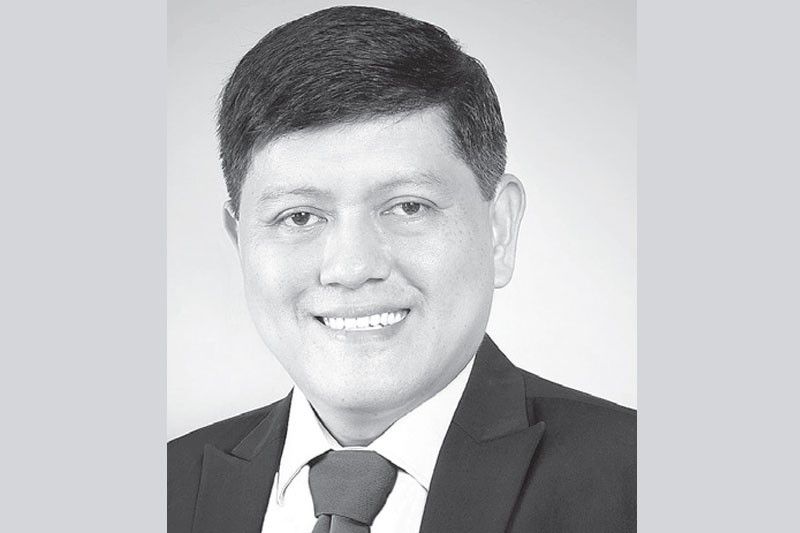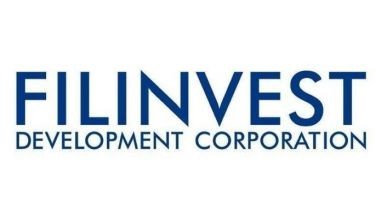Scammers lure investors with tycoon deepfakes

Special Report
MANILA, Philippines — The Securities and Exchange Commission (SEC) is reinforcing its arsenal as the war against investment fraud intensifies, with scammers targeting the country’s richest in an attempt to steal the public’s hard-earned money.
Scammers are currently weaponizing technology and using prominent business personalities and groups as their means for their illegal investment schemes.
The list is growing, with tycoons Manuel Villar Jr., Jaime Augusto Zobel de Ayala, Lance Gokongwei and even Bangko Sentral ng Pilipinas (BSP) Governor Eli Remolona Jr. among those being exploited for fraudulent activities.
“You know what I’m really afraid of? While technology can really help us so much, in terms of hastening all these transactions, there are also trade-offs. If used improperly by these undesirables, they can scam so many people, and people fall prey to these scammers,” SEC chairperson Emilio Aquino told The STAR in an interview.
“One of the things I am currently afraid of are the deepfakes. I can even come up with you saying or telling ‘you know this is a good investment’,” he said.
Such has been the case with Villar, the country’s wealthiest man in the Forbes 2024 World’s Billionaires list, who found himself being used recently in a deep fake video talking about an investment scheme.
Using old footage, the doctored video utilized artificial intelligence (AI) to digitally alter what the tycoon was saying to make it appear that he is introducing an investment platform which claims to help people by investing a minimum amount which will then earn them a certain amount per day in return.
Zobel, chairman of the country’s oldest conglomerate Ayala Corp., also did not escape the eyes of fraudsters, with the business titan also used in a digitally-edited fake video.
“We would like to inform the public that Mr. Jaime Augusto Zobel de Ayala is not involved in any way and is not promoting the supposed cryptocurrency project Tesler Code or any other cryptocurrency investment,” the Ayala Group said..
“We have taken necessary steps to take down the fake and malicious websites, social media pages and advertisements misusing the name of Mr. Zobel and the Ayala group,” it said.
The Gokongwei Group, on its end, said that JG Summit president and CEO Lance Gokongwei is likewise being used to encourage the public to invest in cryptocurrency projects such as the so-called “Momentum Capital” program.
“This is to inform the public that Mr. Gokongwei, the Gokongwei Group, its subsidiaries and representatives are in no way involved in these projects. We are taking the appropriate measures to mitigate the proliferation of these false advertisements,” it said.
On top of well-known business personalities and enterprises, the Philippine central bank has also become a target in a move to endorse a cryptocurrency investment through the help of AI in creating fake videos and audios.
The BSP said perpetrators of these fraudulent activities post AI-manipulated content on social media to spread false information about organizations, officials and persons, including the central bank and its personnel.
“In particular, the BSP clarifies that Governor Eli Remolona Jr. does not endorse the alleged cryptocurrency project ‘Tesler Code’ or any other cryptocurrency investment,” it said.
With the proliferation of these fake videos and unauthorized investment-taking activities on social media, both the private sector and the government have urged the public to avoid engaging with suspicious platforms and to properly scrutinize web pages and make appropriate verifications at all times.
Fighting the war
But for Aquino, the SEC is willing to fight fire with fire, with the commission looking to go all out across all social media platforms as well in a bid to fight these fraudulent investment schemes.
“So what is the SEC doing? I have my WMD--weapons of mass dissemination. We created a division and their strategy is preemptive. We have to educate our people, not to just easily be swayed by promises of high returns and then they end up losing so much,” he said.
Aquino said overseas Filipino workers (OFW), in particular, are vulnerable to these scams on social media since they are the ones with the money.
“We’re really tapping social media. All social media, whatever you have there. We’re trying to use all of these,” the SEC chairperson said.
“So the only way really is you have to make use of the same medium, media for that matter, to run after them and that’s why we’re also tapping mainstream print, TV and radio,” he said.
The SEC so far has been relentless in its information campaign, regularly warning the public against potential scammers through various advisories.
Aquino said the SEC has also expanded its networking initiatives to include other organizations and local government units (LGU) in the fight against investment scams.
“We are even tapping our ‘kagawads’ down to the LGUs because that is where these scams emanate. So we’re trying to connect. We’re leveraging technology and connectivity. Because if we do not do that, then what will happen to our countrymen, what will happen to the OFWs with their hard earned money?” he said.
Aside from these new AI-aided scams, other most common types of investment fraud that have victimized many Filipinos include Ponzi and pyramid schemes.
The SEC said scammers guarantee ridiculously high returns to attract more investors under a Ponzi scheme. The promised profits to earlier investors are paid using the money placed by newer members.
Similar to the Ponzi scheme, pyramid schemes also rely on new members’ contributions to pay out the promised returns to older investors, but they require members to recruit people into the group in exchange for fees.
According to the SEC, an “investment contract” exists when there is an investment or placement of money in a common enterprise with a reasonable expectation of profits to be derived from the efforts of others.
As such, it said the offering and selling of securities in the form of investment contracts using the Ponzi scheme is not a registrable security.
The commission assured that it will not issue a license to sell securities to the public to persons or entities that are engaged in such business or scheme.
Under the Securities Regulation Code, the offer and sale of securities must be registered with the SEC. The concerned entity and its agents must have the appropriate registration or license to sell such securities to the public.
“But actually you don’t even have to register to scam people. What some do is that they use Photoshop. We have received a lot (of reports where) they change the name of the signatory and they start scamming people,” Aquino said.
To keep the investing public from falling prey to investment scams, the SEC has said time and again that any investment that sounds too good to be true is probably a scam.
- Latest
- Trending































